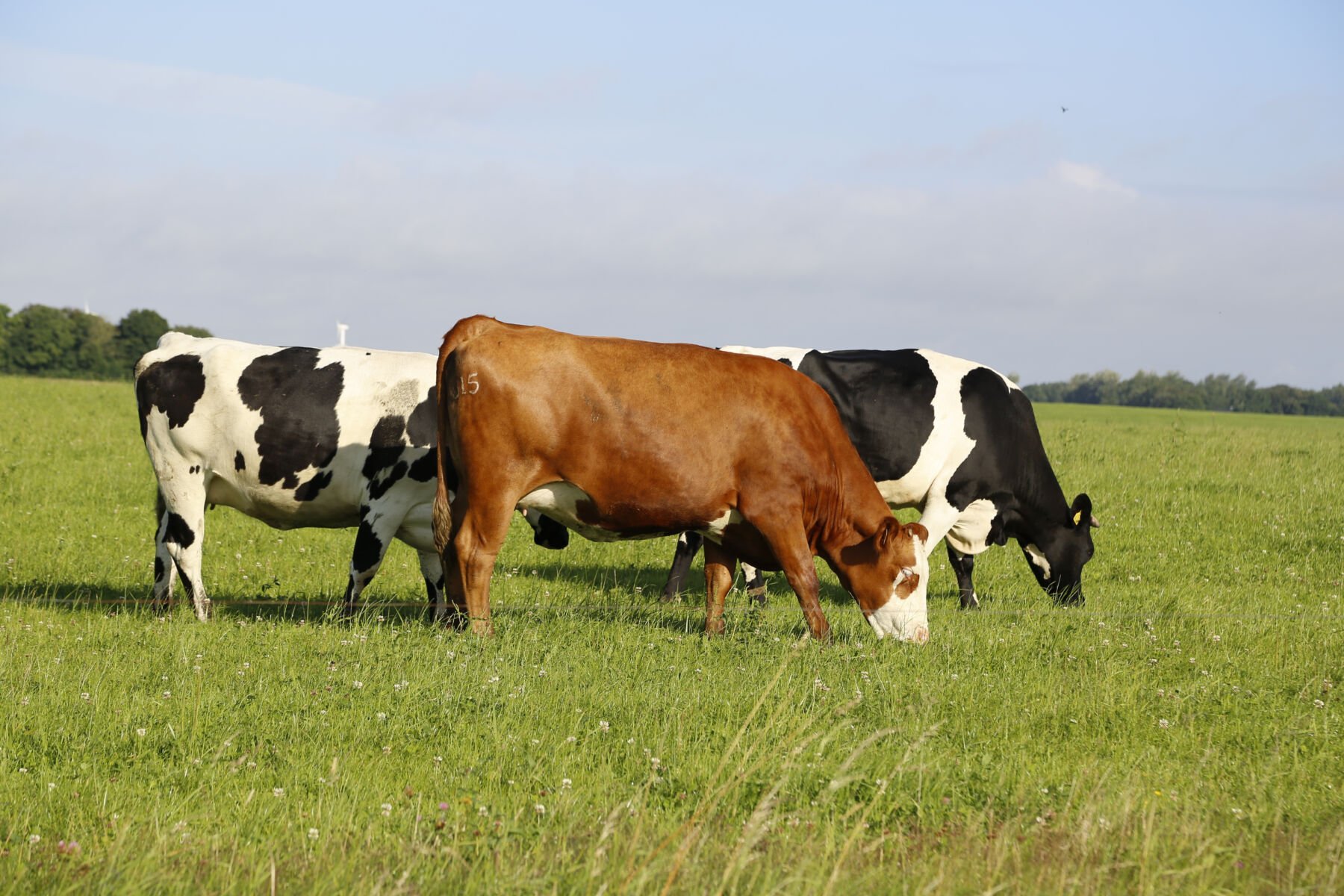Saudi Arabia approves live animal imports from Thailand

Saudi Arabia has approved the import of live cattle, sheep, and goats from Thailand, according to Commerce Minister Phumtham Wechayachai. The approval was communicated by the Saudi Arabian Ministry of Environment, Water and Agriculture through the Saudi Arabian and Thai foreign ministries.
Phumtham noted that these live animals could be imported from Thailand and subsequently kept and slaughtered in Saudi Arabia. Importers and exporters interested in this trade can obtain permits via the Naama Platform of the Ministry of Environment, Water and Agriculture.
Phumtham also highlighted that the Saudi Arabia Food and Drug Authority had previously allowed Thai chicken exporters to send fresh, processed, and cooked chicken to Saudi Arabia through all checkpoints.
Last year, the trade value between Thailand and Saudi Arabia reached US$8.79 billion, with imports from Saudi Arabia amounting to US$6.13 billion, reported Bangkok Post.
In the first four months of this year, the trade value stood at US$2.59 billion, marking a 17% decrease year-on-year. This included US$1.66 billion worth of imports from Saudi Arabia, which was down by 28%. However, Thai exports to Saudi Arabia during the same period were estimated at US$926 million, showing a 12% increase.
In related news, as the Philippines’ demand for rice imports swells, the Thai government is capitalising on this increasing requirement.
The Southeast Asian country is set to import more rice this year than previously estimated, providing a lucrative opportunity for Thailand’s rice export market.
Commerce Minister Phumtham Wechayachai has thus instructed the Department of Foreign Trade (DFT) and the commercial attaché in the Philippines to negotiate a deal to intensify the sale of Thai rice, which is known for its competitive pricing and superior quality.
In an effort to explore global trade opportunities for Thai entrepreneurs, Minister Wechayachai recently tasked the DFT and commercial attachés worldwide. The US Department of Agriculture’s Foreign Agricultural Service anticipates the Philippines to import approximately 4.1 million tonnes of rice this year.
Latest Thailand News
Follow The Thaiger on Google News:


























